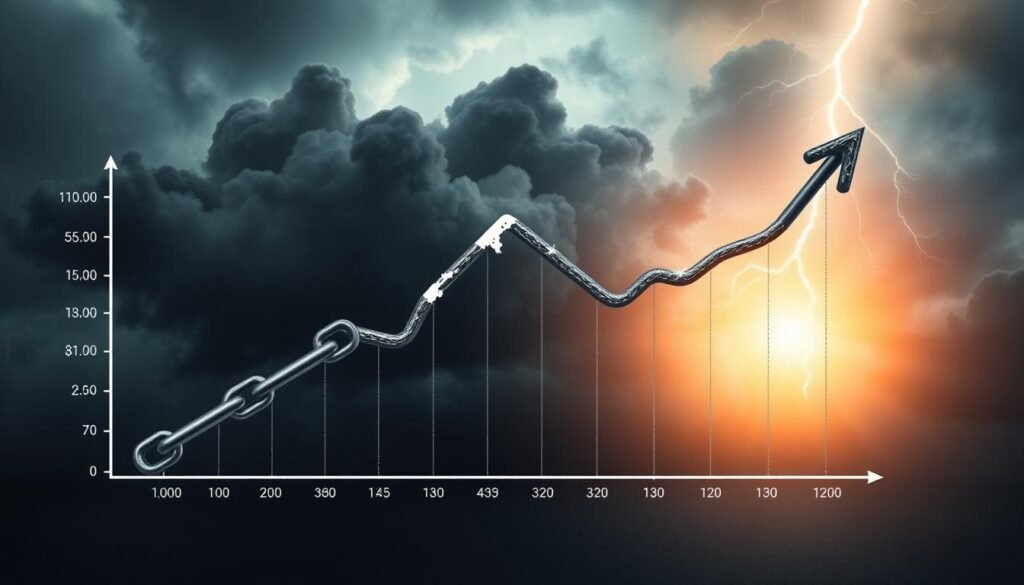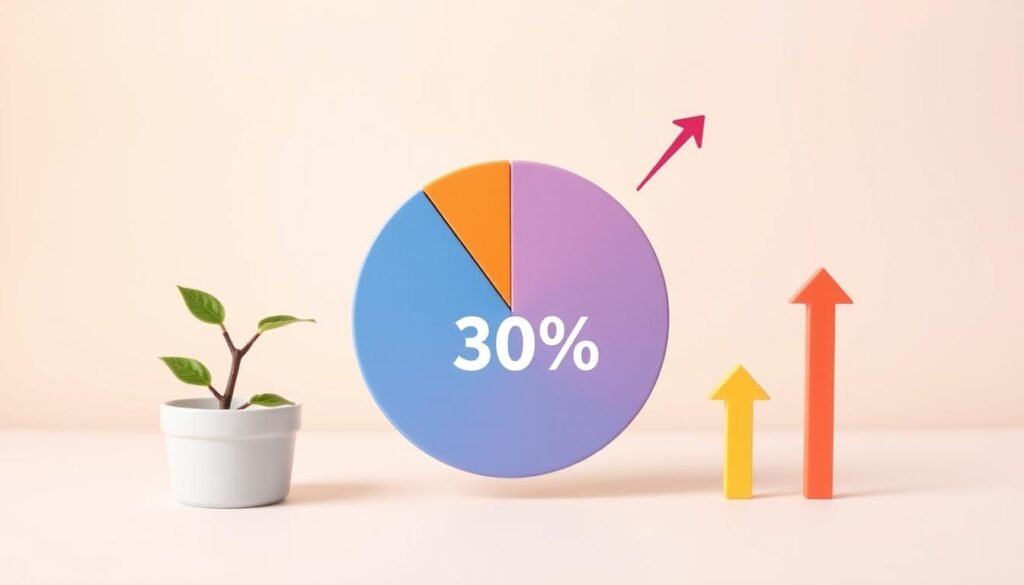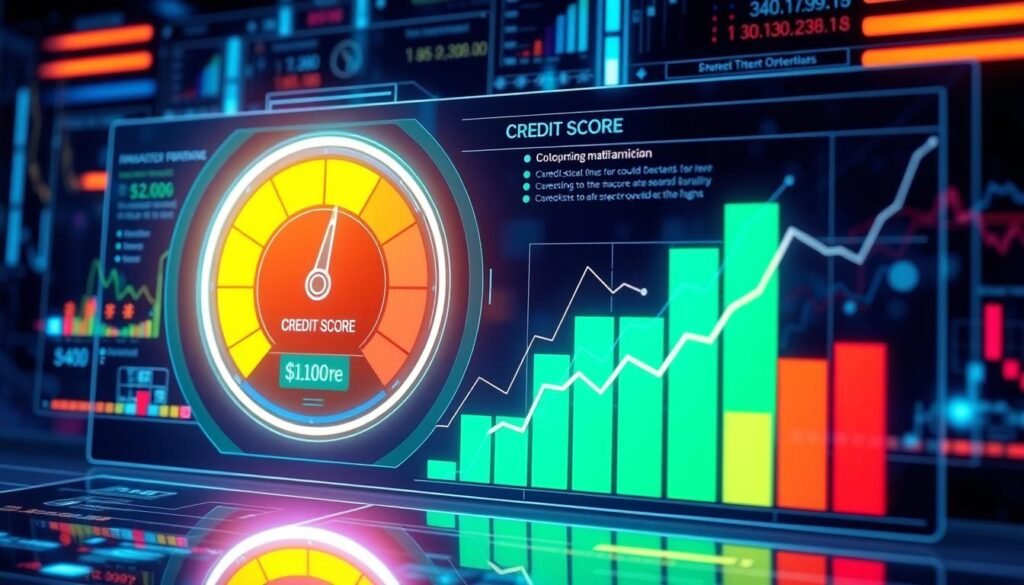This post may contain affiliate links, which means I may earn a commission if you purchase through these links at no extra cost to you.
I remember the frustration of seeing my credit score drop even when I thought I was doing everything right. I learned I wasn’t alone and so many of us have made common financial mistakes simply because we weren’t taught the basics of personal finance. I’ve definitely had to learn a few lessons the hard way, especially when it came to managing credit.
Hearing that people in my generation have lost thousands because of financial missteps hit home. It pushed me to take my finances seriously and commit to learning from past mistakes because I know that correcting them now can save me a lot of money and stress in the future.
Table of Contents
ToggleImportance of Regularly Checking Your Credit Report
It’s vital to regularly check your credit report for good financial health. There’s a myth that checking your report hurts your credit score. This is not true and stops many from monitoring their credit status closely.
You should check your credit report at least once a year. This ensures your information is correct. Financial advisors and experts recommend this to avoid problems that could hurt your financial position. You can get a free report from the three big credit bureaus yearly at www.annualcreditreport.com.

Keeping an eye on your credit report can catch possible fraud. Many don’t notice when their info is used to open new accounts. Checking regularly lets you spot any wrong transactions or mistakes, improving your financial safety.
Your credit score and history are key for loans. Lenders look at this info to set your loan terms, like interest rates. Checking your report helps fix mistakes and shows you what lenders see.
Different bureaus might score you differently. It’s important to check your reports from all three big bureaus. This gives you a full picture of your credit health.
Checking your credit report is too important to ignore. Doing this, along with careful monitoring, guards your financial health. It helps prevent fraud, fix mistakes, and ensures your credit history is right.
Consequences of Missing Payments
Missing payments can deeply affect your credit scores. This can limit your financial options. A late payment may stay on your Equifax report for seven years. This long period can hurt your creditworthiness. The impact changes based on how often and how long you miss payments.

- Set up autopay: By automating your payments, you’ll never miss a date. This service is often free from banks and lenders.
- Communicate with lenders: If you’re struggling to make a payment, tell your lender. They may help with deferments or new payment plans.
- Stick to a budget: Keeping to a budget can prevent financial trouble. During big spending times like the holidays, this is crucial.
It’s key to regularly check your credit reports and scores. Doing this at least once a year keeps you informed. It lets you spot errors and understand your financial health.
The fallout from missing payments is more than just a credit score dip.
| Missed Payment Duration | Impact on Credit Score |
|---|---|
| Less than 30 days late | No effect on credit |
| 30-plus days late | Significant drop in credit score |
| 60-plus days late | Even bigger impact with multiple past-due accounts |
Missing a mortgage payment might lead to default right away. Credit cards and personal loans often default after three to six months of non-payment. Federal student loans default after missing 270 days. Knowing these details shows how vital it is to avoid missed payments for your credit health.
Misunderstanding Credit Utilization
Many people think carrying a balance on your credit card is good for your score. But actually, this can lead to trouble. High scores come from keeping your credit use low, not by leaving a small balance.

Some believe that opening many new accounts can raise their scores. Opening a new account might help by lowering your utilization ratio. But applying too often hurts your score. Too many inquiries can look like you’re in trouble.
Randomly cancelling credit cards is a bad idea too. It raises your utilization ratio and lowers your score. It’s vital to be smart about your credit. Learning about credit utilization can prevent mistakes.
Checking your credit reports regularly helps avoid these errors. Fixing mistakes early helps reach the Ideal Credit Utilization Rate. Staying informed can lead to a strong credit history.
Ignoring the Broad Impact of Credit History
Your credit history does more than affect loan eligibility. It also touches on daily aspects of life, like your cellphone plan terms and insurance costs. Knowing how credit impacts everyday life shows the importance of a good credit score.
Credit reports play a role in job hunting, renting places, and even at hospitals. For example, insurers might use your credit history to set your rates. This means poor credit can raise your insurance costs, emphasizing the need to maintain good credit. Every loan decision considers your credit score, making its impact on daily expenditures significant.
Bad credit can start a tough cycle, especially for those already struggling. It can make life costlier and limit job options, leading to more debt with unfavorable conditions. This situation harms consumer lending markets, pushing those with bad credit into harsher terms. We should pay more attention to this, especially outside of lending. Policies for fairer income distribution and regulatory steps, like interest rate limits, could help lessen reliance on credit markets.



